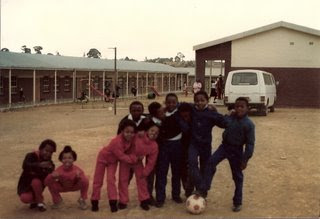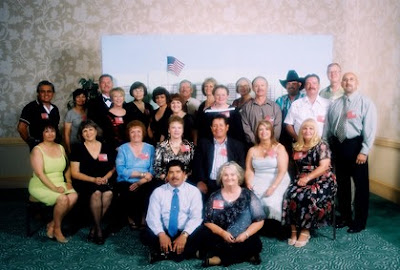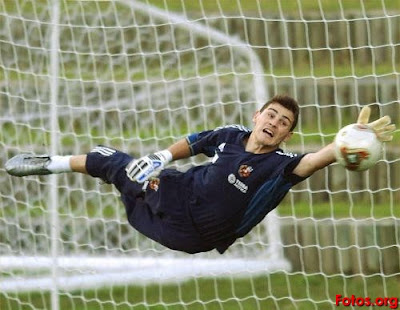48. CBI - Content based instruction

Concerning the magazine, Joe wanted to also say that, and this is paramount, the students wrote or could write about the culture of the town - namely Jaén. It's essential. History, traditions, reconquest by Saint Ferdinando III, muslim traces, architecture, resources of olive trees, Semana Santa, cuisine, idiosincracy of the inhabitants, typical expressions, the archeological museum, Gran Eje, Christian roots of Jaén -within the ones of Europe ... Well, I've added here points which would be interesting to write about. - Poster from directdownloadheaven blogspot com


































